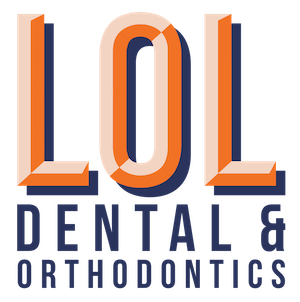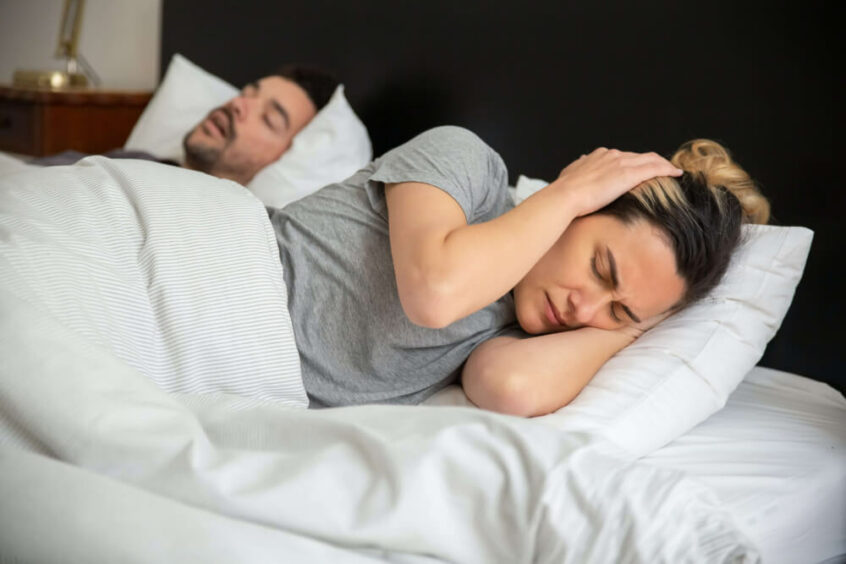Are you having trouble sleeping? Does your partner or spouse complain about snoring and gasping for breath throughout the night? You could be suffering from obstructive or sleep-disordered breathing, a type of clinical sleep apnea.
What is Obstructive Sleep Apnea (OSA)?
OSA refers to a specific type of sleep disorder caused by the obstruction of your airway at the back of your mouth due to your oral tissues.
If you have a large neck circumference, you are more likely to have your tonsils, tongue, soft palate, back of the throat, and tongue collapse in on each other while you sleep. This causes oxygen to stop flowing to your body and brain.
Sleep apnea can make you feel tired, but it can also contribute to heart disease and stroke. To determine if you have obstructive sleep apnea, you’ll need to have a sleep study conducted at home or in a clinic. We can also screen for oral symptoms during your dental checkup.
Sleep Apnea: Signs and symptoms
Dr. Abdulaziz Dudeen recommends that you look out for these signs of obstructive sleep apnea:● Snoring
● Fatigue
● Depression
● Weight loss
● TMJ pain
● Headaches or migraines
● Flat, chipped, worn teeth
● Broken dental work
● High blood pressure
If you do not seek professional help, the effects of sleep apnea can have a negative impact on your health, life, and body. Statistics show that people suffering from sleep apnea (or OSA) are more likely to suffer from heart attacks, strokes, or other types of heart disease.
How Can LOL Dental & Orthodontics Help?
Traditional CPAP equipment works for certain types of sleep apnea, but it does have downsides. Many find that CPAP machines are bulky and loud, which can make it difficult for you to sleep in the position you prefer. Traveling with a CPAP machine can also be cumbersome. Some people complain that the noise bothers their spouse, roommates, or any other family members.
Oral appliance therapy for OSA can be a very effective and minimally invasive way to stop sleep apnea from its source — your mouth. Once we have screened you for OSA and you’ve had a home sleep study to confirm your diagnosis, your physician can prescribe an oral device.
Oral sleep apnea appliances fit over your teeth like any other fitted mouthguard. These special sleep aids are a type of mandibular advancement tool that moves your lower jaw forward. In turn, it keeps your tongue away from the back of your throat. This allows you to lay down and sleep comfortably without the soft tissues at the back of the mouth collapsing against each other.
Although you can use oral sleep appliances in conjunction with your CPAP machine, many people find that they are able to quit using their CPAP completely.
Oral Sleep Appliances in Crockett
If you aren’t CPAP-compliant or you find it difficult to wear, call LOL Dental & Orthodontics in Crockett today. We can perform an evaluation to discuss if an oral appliance could help you get a better night’s rest.


